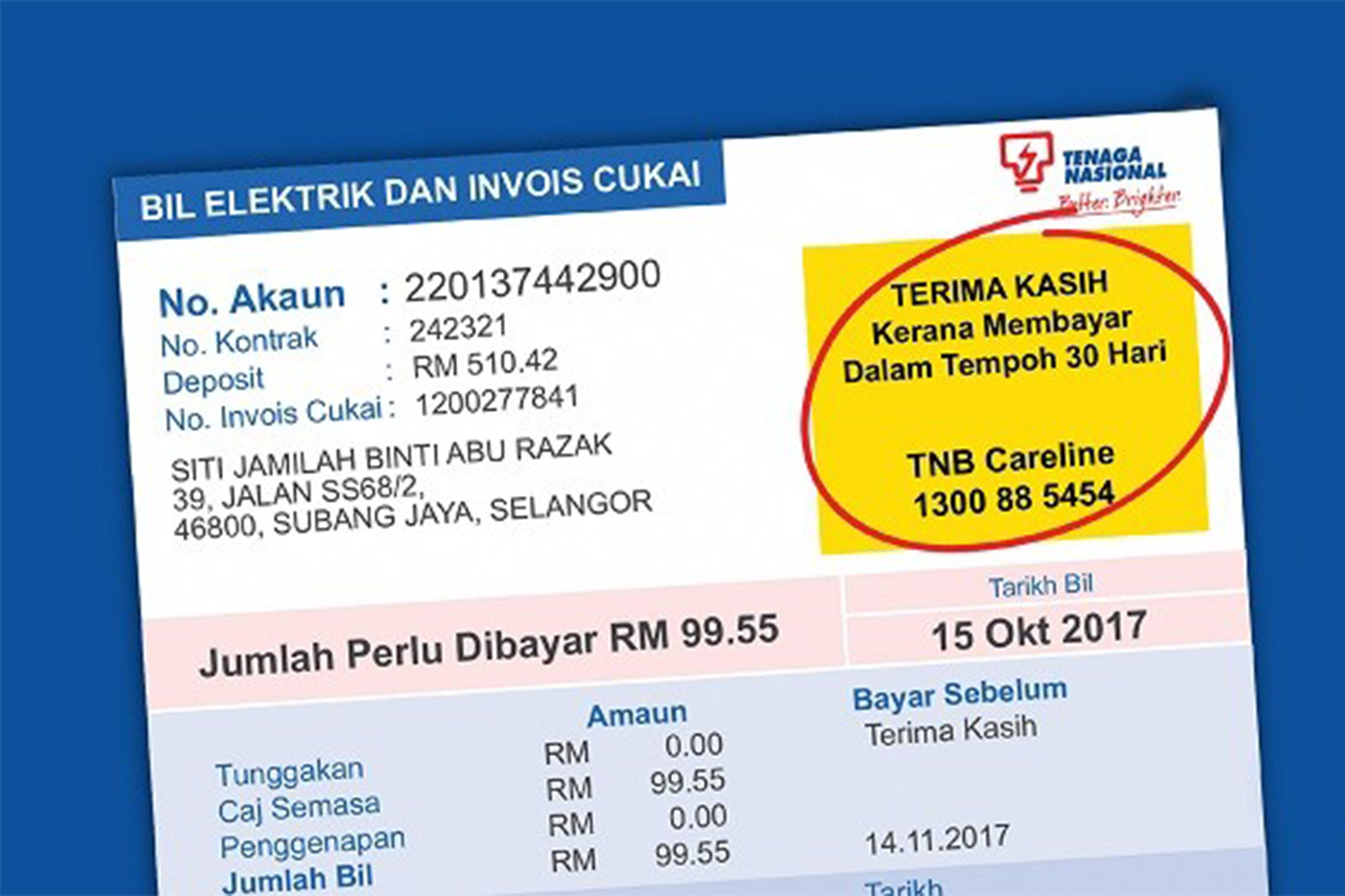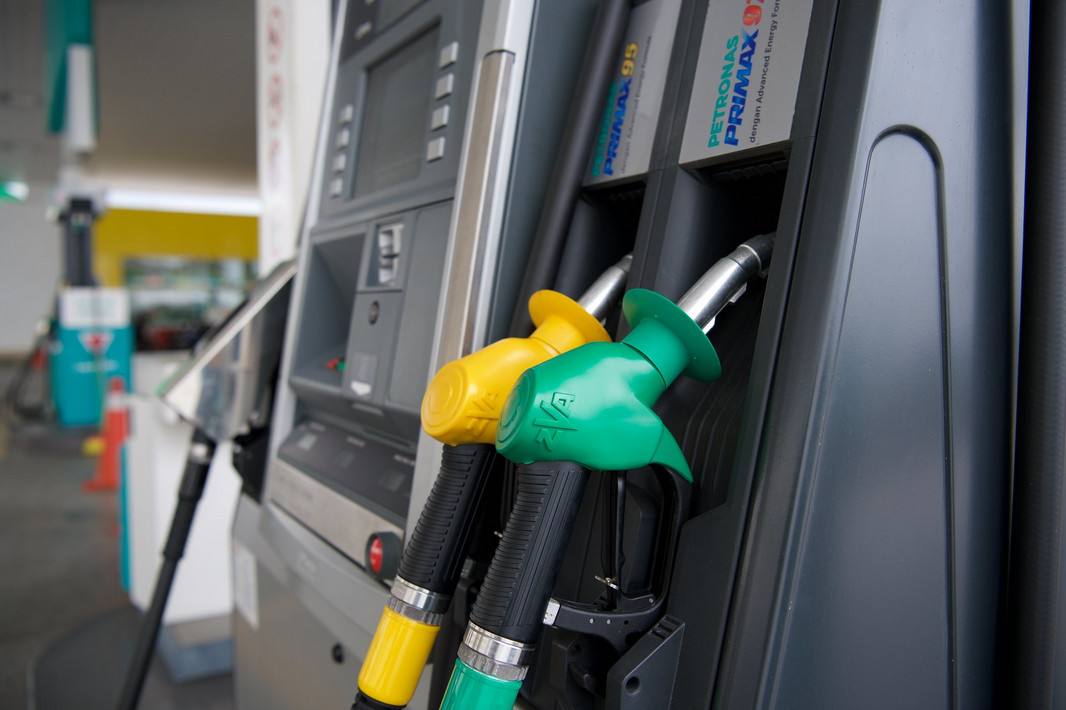While it was initially rumoured that the government would be increasing the price of electricity, it was finally decided that TNB’s tariff would remain the same. From 1 July to 31 December 2022, domestic users will continue to enjoy a two sen per kWh rebate while non-domestic customers, such as industrial and commercial users, will continue to be charged with a 3.7 sen per kWh surcharge. Continuing the subsidy will cost the government an estimated RM5.8 billion. As noted by Takiyuddin, the subsidy is currently enjoyed equally by both the rich and the poor. Because of that, the minister wants to impose a surcharge on T20 users in the near future through a targeted electricity bill subsidy, as they can afford it. The energy minister said that the proposal will be presented to the Cabinet for implementation in the next Imbalance Cost Pass-Through (ICPT) cycle period. The ICPT is reviewed every six months to adjust for fuel and generation costs, with the next cycle starting from 1 January 2023 to 30 June 2023. The announcement comes after Finance Minister Tengku Zafrul Tengku Abdul Aziz revealed that the government has finally started testing a targeted fuel subsidy mechanism after months of mulling it over. That being said, the testing phase will take three to six months before it can even start being implemented. The mechanism will ensure that only those who need the subsidy, the B40 and M40, will receive it. Zafrul added that out of the RM30 billion expected to be spent on fuel subsidies, RM8 billion will be used by the T20 while the B40 group will only enjoy RM6 billion. When taking account all subsidies being implemented, the government expects to spend a whopping RM77.7 billion this year. (Sources: Parlimen Hansard [20 July 2022], FMT)

